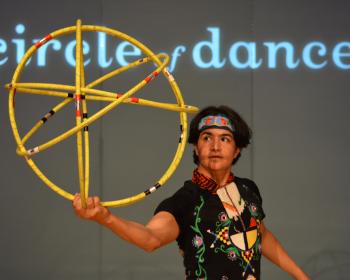On October 13, 2015 leading Indigenous organizations organized a meeting with the two aspiring vice-president candidates of Guatemala. The meeting had as a goal the discussion of the Indigenous Political Agenda and the work still to be done to improve the situation of over 40% of the population. The candidates are Mario Leal Castillo, vice-president candidate for the left-wing political party UNE and Jafeth Cabrera vice-president candidate for the right-wing political party FCN.



